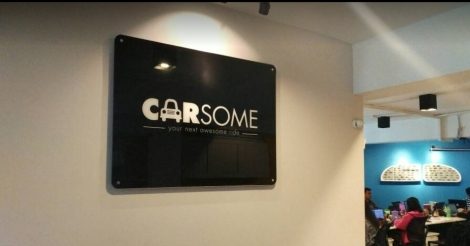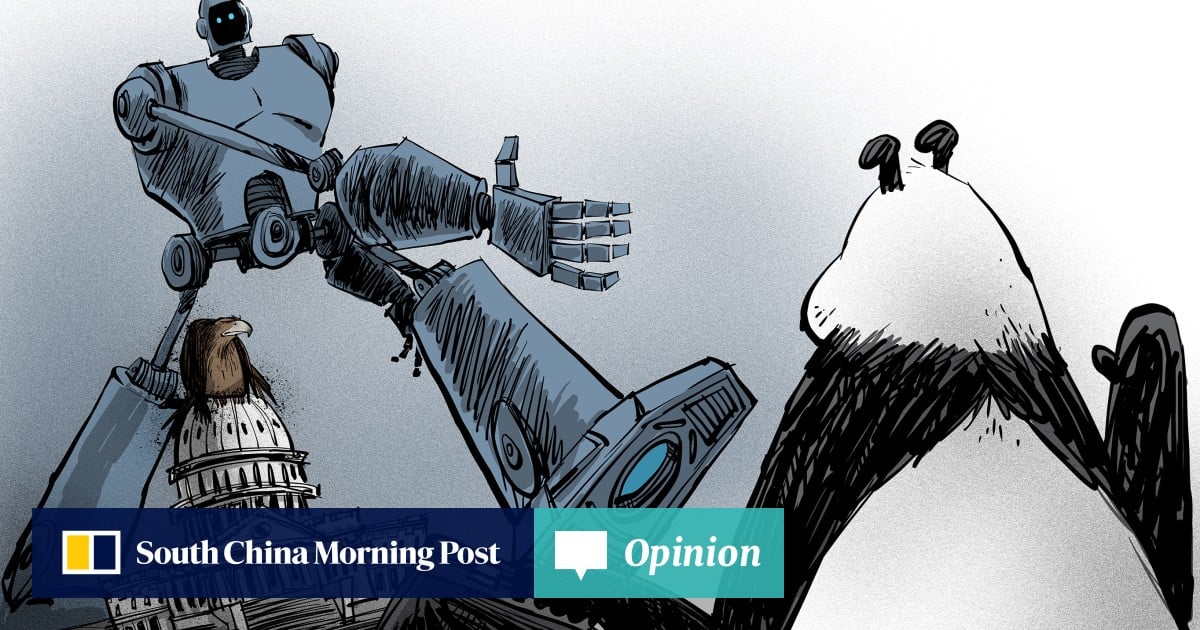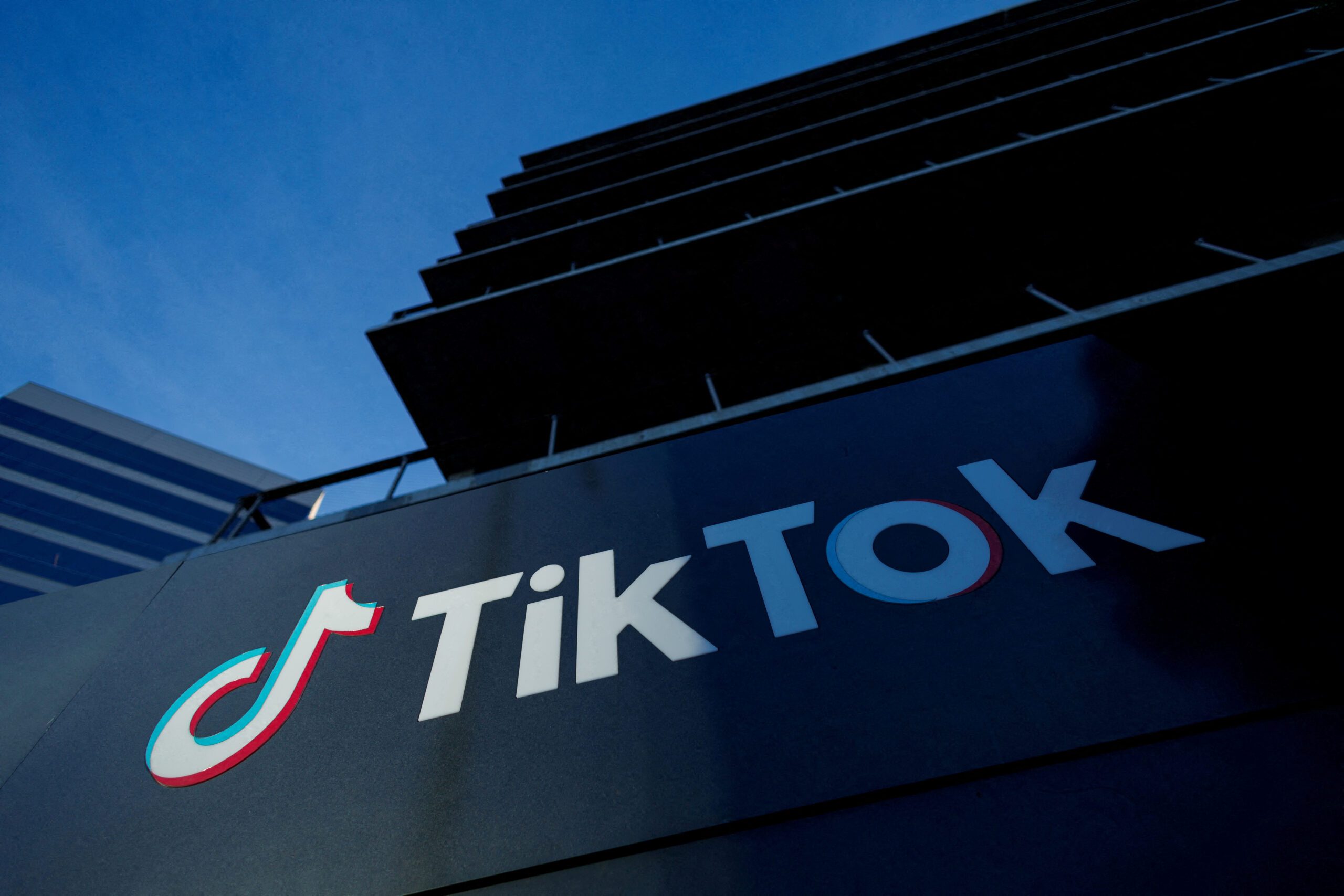TOKYO, Japan — As the quality control controversy enveloping the Tokyo-based industrial giant threatens to bring increased scrutiny in the United States and internationally, rail trains equipped with Mitsubishi Electric air conditioners have been transported to around 15 countries. At Mitsubishi Electric’s Nagasaki factory, the corporation acknowledged to fabricating inspection data for air conditioners and air compressors last week. Between 1985 and 2020, the facility shipped around 84,600 air conditioner units, with 68,800 going to domestic customers and 15,800 going to international customers. Over the course of 15 years, the firm also shipped around 1,500 air compressors throughout the United States. The corporation is still looking into how much of this equipment was not inspected properly and plans to release its results in September. Air conditioners are often supplied by Mitsubishi Electric to rolling stock manufacturers, who subsequently sell the finished cars to train operators. Mitsubishi Electric-made devices were eventually installed in cars in roughly 15 nations, including subway systems in New York and London, according to the company. However, for years, the company deceived on quality inspections at the factory involving air conditioners and air compressors, such as by utilizing methods and settings that were not agreed upon with clients, or by copying data from various tests. Misconduct involving air conditioners stretches back to at least 1985. Mitsubishi Electric, which previously sold air conditioners to seven international rail stock manufacturers, has stated that if it discovers contract violations during the examination, it will notify those manufacturers. Over the years, Kawasaki Heavy Industries, a major Mitsubishi Electric air conditioner client, has delivered about 2,200 subway vehicles to New York City Transit. The business said it was reviewing the situation with Mitsubishi Electric and couldn’t comment, but added if product components were improperly tested, it may explore renovations and other remedies based on client demands. Experts also warn of future legal action in the United States and other international markets. “This is akin to the Kobe Steel quality crisis, when the business was examined not only in Japan but also in the United States,” said Akira Inoue, a partner at Baker McKenzie and a specialist on American corporate law. In the United States, quality flaws could lead to claims of fraud. Both Mitsubishi Electric and Kawasaki Heavy could face inquiries in Japan, depending on the conditions of related contracts. “If the issue is judged a safety risk, the US Justice Department may become involved and launch an inquiry,” said Masahisa Ikeda, a partner at Shearman & Sterling in the United States./n
Read MoreScandal-hit Mitsubishi Electric supplied train equipment for NY, London
2021-07-05T17:01:22-04:00July 5th, 2021|





